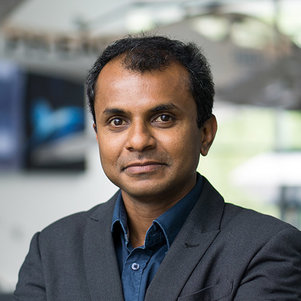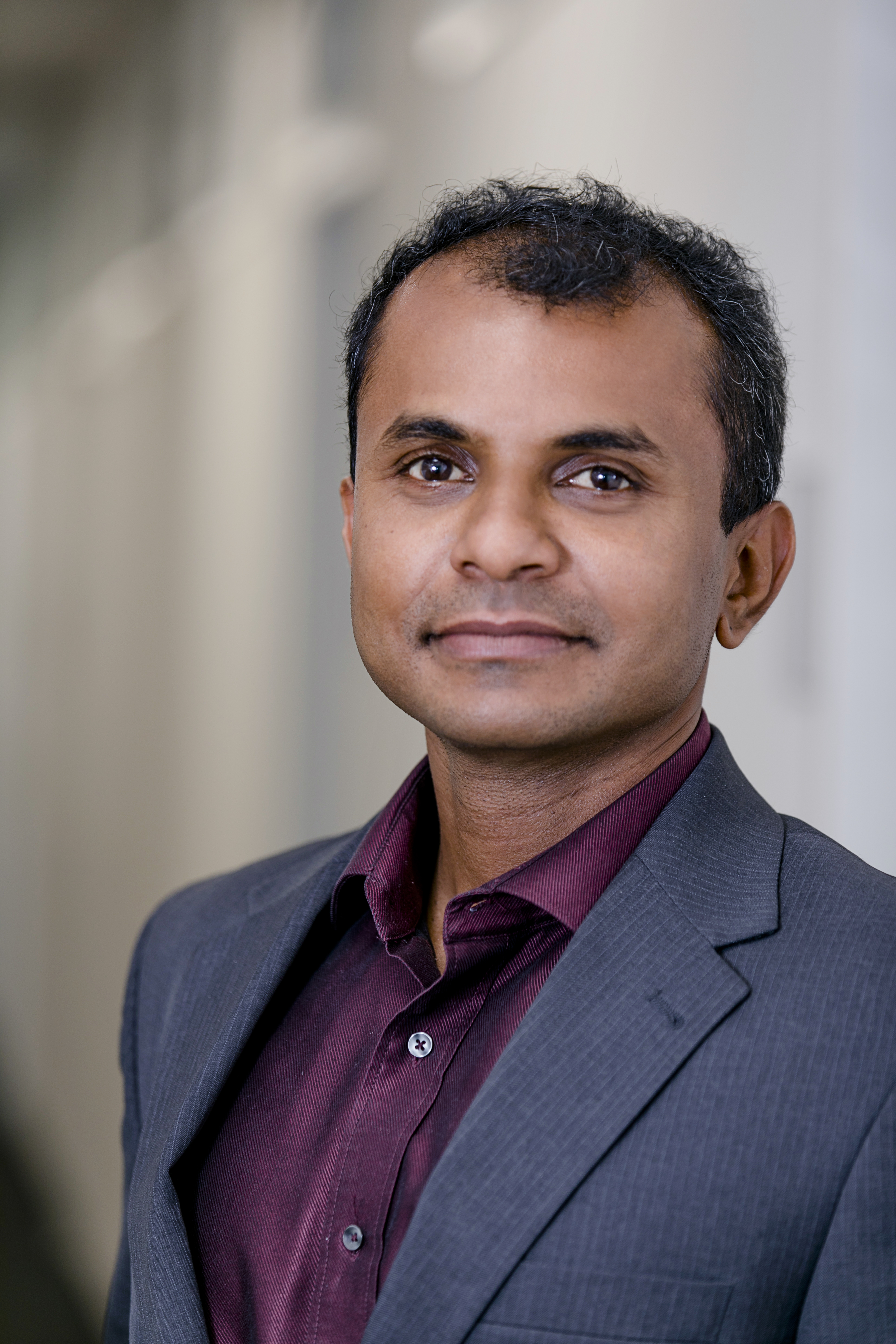Making the energy transition happen for aviation
“People travel because they can. As soon as we earn enough we move up the transportation ladder. We switch from walking and cycling to driving and flying, increasing our climate impact as we go. People have every right to do so, but with global incomes set to rise, it will lead to an unwanted growth in the climate impact of transportation.” In his inaugural speech as a Full Professor of Sustainable Aircraft Propulsion Arvind Gangoli Rao will defend the right for people to move up the transportation ladder and explain how he intends to reduce the climate impact this causes: by making the energy transition happen in aviation. Gangoli Rao’s inaugural speech will take place in Delft at 15.00 on 31 March. It will also be available online live and on-demand.
Let’s face a real dilemma
One of the graphs Full Professor Sustainable Aircraft Propulsion Arvind Gangoli Rao will show during his inaugural speech at TU Delft shows how people’s incomes are directly related to their travel patterns. People who earn just 1 USD per day can only afford to walk or cycle. An extremely wealthy person with an income of 100.000 USD per day gets to fly in a private jet or even explore the stratosphere as a space tourist. As people move up the ladder, the transportation they use becomes increasingly damaging to the environment. The global average income is rising. The dilemma Gangoli Rao is showing is clear: people have every right to move up the transportation ladder, but the growth in eco-unfriendly transportation is a real threat to our climate.
Making the energy transition happen for aviation
Gangoli Rao and colleagues at the Faculty of Aerospace Engineering at TU Delft have embraced the challenge to help tackle this dilemma. Their angle: make aviation sustainable.
In his inaugural lecture Gangoli Rao will take the audience on a journey exploring the climate impact of aviation and the possibilities and difficulties of making aviation climate neutral. He will share lessons he’s learned from the several national and international projects he’s participated in. How did the blended wing aircraft design fitted with innovative propulsion technology from the AHEAD project pave the way for the Airbus ZEROe programme? How can a multi-fuel gas turbine in combination with boundary layer ingestion technology reduce the climate impact of aviation in the short term (APPU)? What can we expect from hydrogen assisted combustion of kerosene (HOPE)? Gangoli Rao will also unveil the approach of his new research group: “We pave the way for the energy transition in aviation. Our research and innovations will make it possible to use sustainable energy in novel propulsion technology with low emissions.
Our aim is to not just demonstrate the innovations in computer models and on the ground, but also in the air.” Gangoli Rao will also stress the importance of collaboration: “This dilemma has social and political aspects as well as issues we can tackle with technology and knowledge. We can only succeed if we work together.”
Let’s take our responsibility in rich countries
Gangoli Rao is determined: “I believe we can help solve a large part of the dilemma by making aviation – and other transportation used by most of us – sustainable. But we also need to take more responsibility in the rich countries. We can and should fly less. This is particularly true for the superrich: “A short trip as a space tourist to space or flying on a hypersonic plane at higher altitude causes massive irreversible damage to the atmosphere. It is just not fair.”
The inaugural speech of Prof. Arvind Gangoli Rao will take place on 31 March 2023 at 15.00 in the Aula Congress Centre at TU Delft. The speech will also be streamed live and can be watched back on demand.

Prof. dr. A. (Arvind) Gangoli Rao
✉ A.GangoliRao@tudelft.nl

